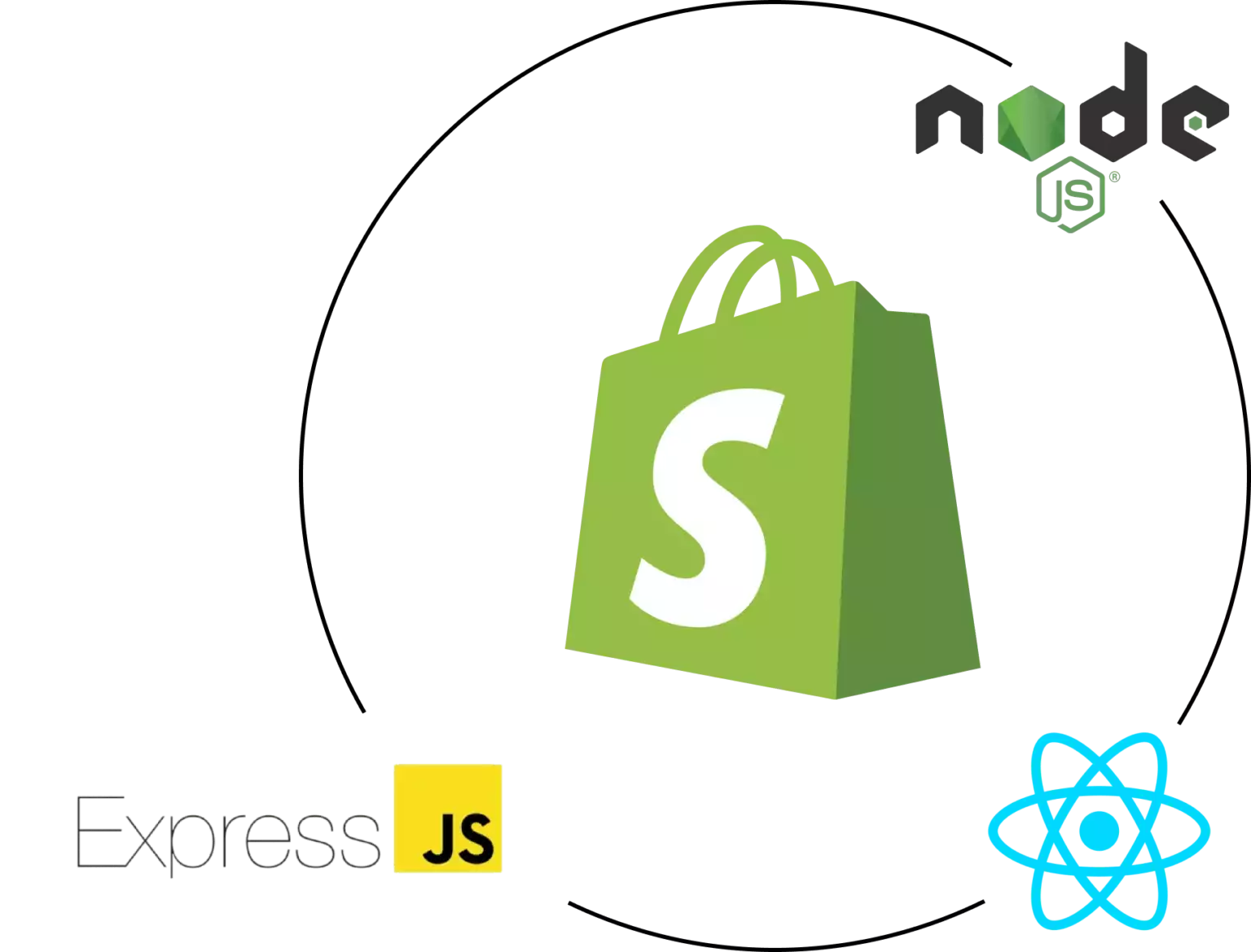Overview
In the current cutthroat e-commerce landscape, standing out is paramount, and one of the best ways to differentiate a Shopify store is through tailored app development. A well-built Shopify app can enhance store functionality, simplify processes, and elevate customer interaction. This guide explores essential aspects of Shopify app development, from API integration to scaling strategies and promotion methods, offering a roadmap for companies seeking superior store efficiency.
Why Shopify API Integration Matters
Shopify’s API offers robust tools to personalize and extend store capabilities. With GraphQL and REST APIs, developers can access data to create apps that manage inventory management, order processing, and customer data management seamlessly. Using Shopify’s API can lead to better workflow automation and allows stores to serve customers more effectively.
Adopting the Polaris Design System
Shopify’s Polaris is Shopify's set of design guidelines for creating intuitive and accessible Shopify apps. By adhering to Polaris guidelines, developers guarantee that apps seamlessly integrate within the Shopify Admin interface. This ensures a cohesive look and feel that appeals to Shopify merchants, encouraging ease of use and comfort for merchants using your custom app.
Navigating the Shopify App Ecosystem
The Shopify app ecosystem provides numerous opportunities for enhancing online stores. From handling order fulfillment to increasing customer engagement, apps in this ecosystem are designed to meet various business needs. Learning about this system assists developers in finding unique app opportunities and allows for smooth connections of external tools that enhance the store.
Developing Embedded Shopify Apps
Embedded apps work seamlessly within the Shopify Admin, allowing a seamless experience for merchants. They ensure that merchants don’t have to leave their Shopify control panel, streamlining their workflow. Employing Shopify App Bridge and embedded app capabilities is a best practice for offering a cohesive, well-integrated user experience.
Using Node.js and React for Shopify Apps
Node.js and React have become top options for Shopify app development. This server-side framework enables efficient server-side applications, while React enables interactive and adaptive front-end user interfaces. Together, they provide an strong framework for creating speedy, scalable Shopify apps that improve store performance and customer interaction.
Utilizing Webhooks in Shopify Development
Webhooks enable instant data updates between Shopify and an outside application. They trigger events such as order creation or inventory updates and send instant notifications to your app. By implementing webhooks, apps can deliver real-time insights for store owners, simplifying processes and increasing productivity.
Engaging Customers Through Digital Marketing for Shopify Apps
To make a Shopify app successful, connecting with users is key. Using online marketing techniques like SEO, email marketing, and social outreach can drive app adoption. Additionally, designing apps with customer engagement in mind (e.g., loyalty programs or personalized recommendations) increases user loyalty and loyalty.
Scaling Your Shopify App
As e-commerce stores expand, so do their technology requirements. Making sure that your app can scale to handle increased traffic, larger data sets, and more complex functionalities is critical. By improving Improving Shopify store performance server capacity and using scalable solutions, you can create apps that grow in tandem with a store’s growth.
Important Features and Maintenance Tips for Shopify Apps
For an app Shopify e-commerce solutions to be effective, it should include essential features like user login, dashboard analytics, and support channels. Ongoing app maintenance, including updates to fix bugs and ensuring compatibility with new Shopify functionalities, is vital to ensure uninterrupted performance and prevent disruptions to merchant workflows.
Conclusion
Custom Shopify app development holds vast potential for e-commerce businesses, offering the chance to enhance performance, simplify operations, and build customer relationships. From integrating APIs to ensuring scalability and customer engagement, building a Shopify app requires careful planning and well-planned actions. If you’re ready to unlock your store’s full potential, a custom Shopify app could be the ideal solution. What capabilities do you see for your dream application? Share your thoughts and take the first step toward an optimized e-commerce experience!
